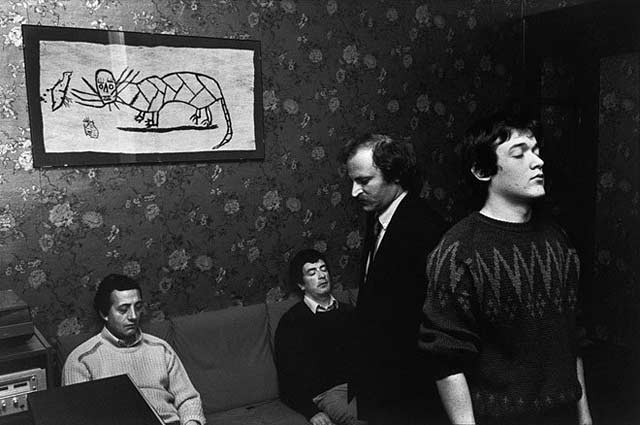Did you know, Mr. Torrance, that your son is attempting to bring an outside party into this situation? Did you know that?

In the social sciences (following the work of Michel Foucault), a discourse is considered to be a formalized way of thinking that can be manifested through language, a social boundary defining what can be said about a specific topic, or, as Judith Butler puts it, “the limits of acceptable speech”—or possible truth.
Discourses are seen to affect our views on all things; it is not possible to escape discourse. For example, two notably distinct discourses can be used about various guerrilla movements describing them either as “freedom fighters” or “terrorists.” In other words, the chosen discourse delivers the vocabulary, expressions and perhaps also the style needed to communicate. Discourse is closely linked to different theories of power and state, at least as long as defining discourses is seen to mean defining reality itself. It also helped some of the world’s greatest thinkers express their thoughts and ideas into what is now called “public orality.”
This conception of discourse is largely derived from the work of French philosopher Michel Foucault (see below).
photo { Richard Kalvar }


